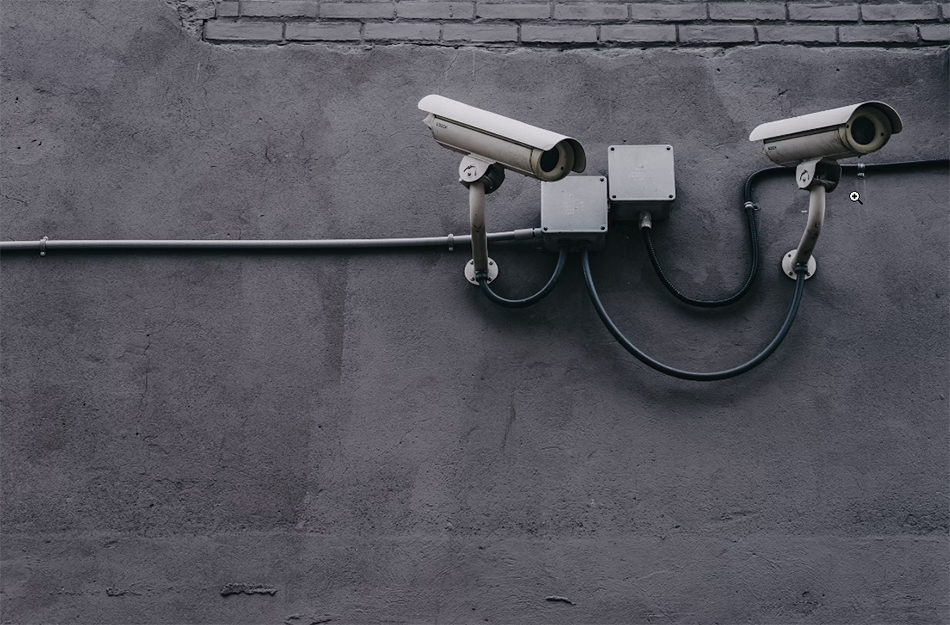Preparing for the Quantum Challenge: Strengthening Cybersecurity for a Post-Quantum World
From drug discovery to materials research to challenging problem-solving, the fast developments in quantum computing promise to transform disciplines as varied. But with this transforming power also comes a great risk to present cybersecurity systems. Foundational to today’s data protection, conventional encryption techniques are vulnerable to quantum algorithms able to crack them in a few seconds. Pioneering new quantum-resistant cryptographic protocols, necessary to protect world cyberinfrastructure, researchers at the National Center for Supercomputing Applications (NCSA) are addressing this emerging threat.
The Quantum Computing Revolution and its Cybersecurity Implications

Using quantum bits, or qubits, to do intricate computations at hitherto unheard-of rates, quantum computing runs essentially differently from conventional computing. Although this capacity has great promise in many different sectors, cybersecurity suffers a great risk. Quantum computing’s algorithms—including Shor’s algorithm—could compromise public-key encryption schemes, therefore revealing private data. Researchers are concentrating on quantum-resistant algorithms that can withstand these sophisticated computing techniques in order to actively counteract this. Data privacy across industries, from financial organizations to government agencies, suffers great vulnerability without these safeguards.
The Urgent Need for Post-Quantum Cryptography (PQC)
Maintaining cybersecurity integrity in the quantum age depends on the evolution of post-quantum cryptography (PQC), claims Phuong Cao, NCSA Research Scientist. Quantum-resistant systems introduce encryption techniques that remain safe even against the computing capability of upcoming quantum computers. Presenting their results at the IEEE International Conference on Quantum Computing and Engineering, researchers underlined the need of implementing PQC inside current cyberinfrastructure, which comprises scientific uses including OpenSSH and Sci Tokens. As PQC technology develops, it will guarantee the ongoing data security as we enter a time marked by quantum computers.
Progress and Challenges in Implementing Quantum-Resistant Protocols
Implementing PQC on a large scale is a complex endeavor, requiring collaboration across hardware, software, and network infrastructure. Early results from the NCSA’s large-scale PQC adoption study, led by Cao, reveal that mainstream adoption is currently limited. Major applications like OpenSSH and Google Chrome have begun incorporating PQC, but the adoption rate remains at just 0.029%. To support PQC integration, the U.S. National Science Foundation awarded the NCSA a $200,000 grant, which will help develop a national model for quantum-resistant cyberinfrastructure. This model is expected to boost public trust in the security of scientific and data-intensive computing systems in an age of quantum threats.
Expanding Quantum Security Standards Globally

To address cybersecurity challenges globally, the NCSA’s quantum research project leverages the FABRIC testbed, a networked infrastructure spanning multiple locations worldwide. NCSA researchers, including co-principal investigator Anita Nikolich, emphasize the long-term nature of PQC adoption, as it will require coordination across industries and international borders. This initiative also explores how quantum computing’s inherent uncertainties could be harnessed to develop new, more resilient encryption methods. Collaborating with the Illinois Quantum Information Science and Technology Center, the NCSA team aims to integrate quantum information science expertise into cybersecurity applications, building a unified approach to quantum resilience.
The rise of quantum computing, while promising significant advancements, presents an undeniable challenge to traditional cybersecurity systems. As researchers at the NCSA continue to advance post-quantum cryptography and facilitate its adoption across essential digital infrastructures, the groundwork is being laid for a secure quantum future. With national and international collaborations, investments in resilient cryptographic standards, and scalable quantum security protocols, the cybersecurity industry is adapting to protect sensitive information in a rapidly evolving digital landscape.
